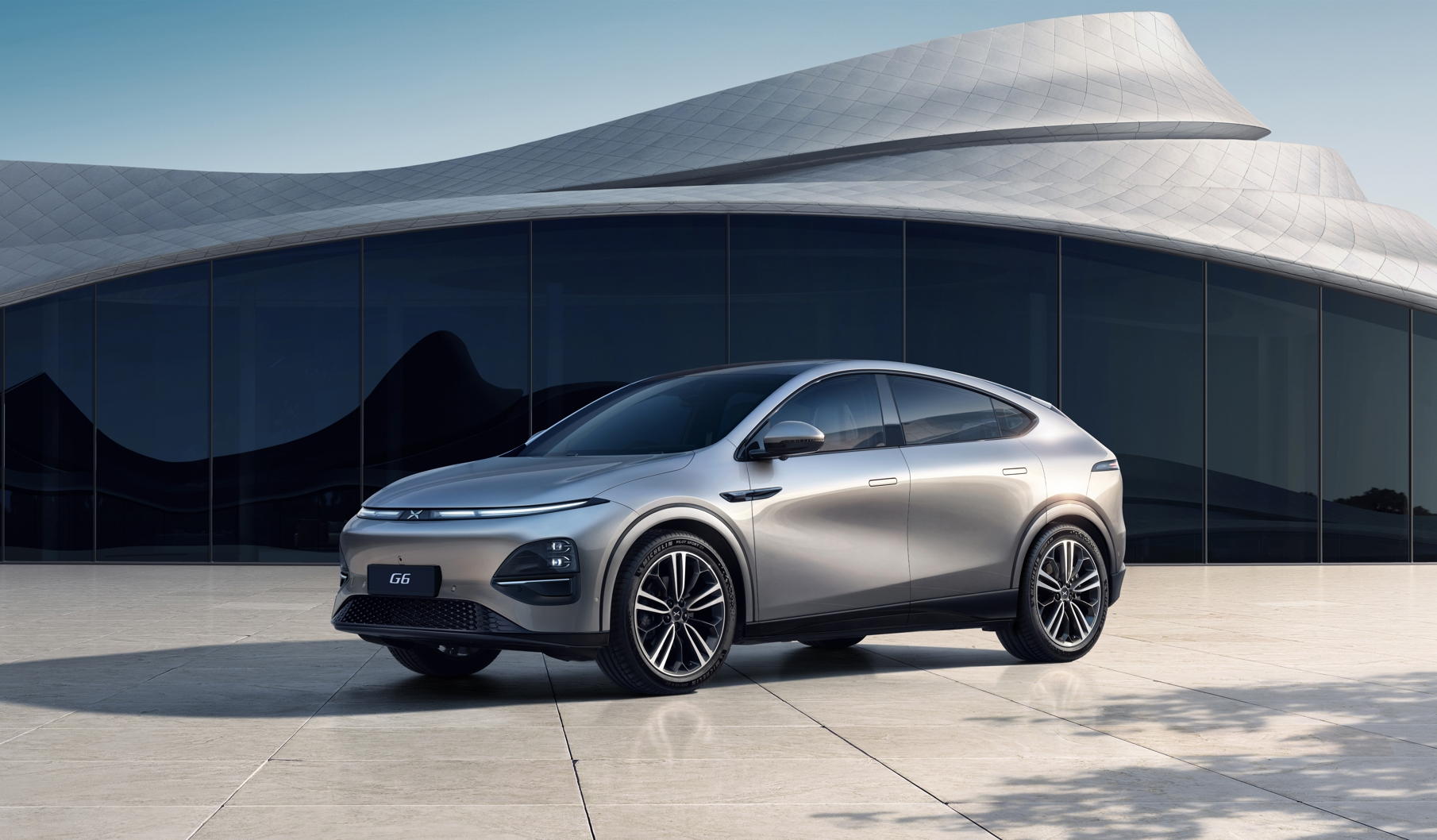

The Xpeng G6 electric SUV. Image credit: Xpeng
The European Union is set to begin imposing tariffs on electric vehicles (EVs) manufactured in China from Thursday, after talks over an alternative solution failed.
The EU says the tariffs are a response to unfair state aid to China’s EV industry and concerns that imports could put Europe’s own EV makers out of business.
“By adopting these proportionate and targeted measures after a rigorous investigation, we’re standing up for fair market practices and for the European industrial base,” said European Commission vice president Valdis Dombrovskis.
“In parallel, we remain open to a possible alternative solution that would be effective in addressing the problems identified and (World Trade Organisation)-compatible,” he said.
The tariffs are to remain in place for five years, unless a negotiated solution is reached.
Sales of Chinese-built EVs jumped from 3.9 percent of the EU market in 2020 to 25 percent in 2023, in part due to unfairly low prices, the Commission has said.
China’s BYD faces 17 percent tariffs, Geely 18.8 percent, and state-owned SAIC 35.3 percent.
Geely is the parent company of Sweden’s Volvo and EV brand Polestar, while SAIC owns MG, one of the best-selling EV brands in Europe.
Other EV manufacturers in China, including Volkswagen and BMW, face tariffs of 20.7 percent, while Tesla will have an “individually calculated” rate of 7.8 percent.
Germany, Europe’s largest economy and the home of major automakers, has opposed the measures.
Hildegard Müller, the head of Germany’s auto industry association VDA, said the duties were “a setback for free global trade and so for prosperity, the preservation of jobs and Europe’s growth”.
“The industry is not naive in dealing with China, but the challenges must be resolved in dialogue,” Müller said in a statement.
Several Chinese carmakers have suspended expansion plans in Europe as a result of the tariff dispute.
Dongfeng Motor Group (DMG) has halted plans to potentially manufacture cars in Italy, in part due to Italy’s support for the tariffs and partially due to pressure from the Chinese government, Bloomberg reported last week.
The move is a blow to the country’s efforts to bring in more auto manufacturing as domestic producer Stellantis reduces output.
Italy’s industry minister Adolfo Urso and prime minister Giorgia Meloni travelled to China in July to formalise the agreement with Dongfeng, but the Chinese government told Dongfent not to proceed, the report said.
Chongqing Changan Automobile also cancelled an event in Milan scheduled for last week that had been planned to launch the company’s brand in Europe due to the tariff dispute.
Meanwhile, Chery Automobile reportedly pushed back a goal to begin building EVs at a plant in Spain by one year to October 2025 following the tariff decision.
But EV giant BYD is pushing ahead with a plan to build a factory in Hungary for Seal and Atto 3 EVs to help avoid tariffs, as well as a $1 billion (£770m) plant in Turkey that would be able to provide duty-free vehicles to the EU.
After Trump's tariffs, Beijing creates state-backed fund to support domestic tech innovation and AI development
Donald Trump backs billionaire backer Elon Musk and pledges to buy a Tesla, as Tesla…
Bad news for Nvidia? Facebook owner Meta has reportedly begun testing its first in-house chip…
Russia media report that the Telegram app is blocked in two regions over concerns it…
Nation-state cyberattack? Elon Musk blames outages on Monday at X (formerly Twitter) on “massive cyberattack”
More time required for Apple to improved the AI capabilities of the Siri voice assistant,…